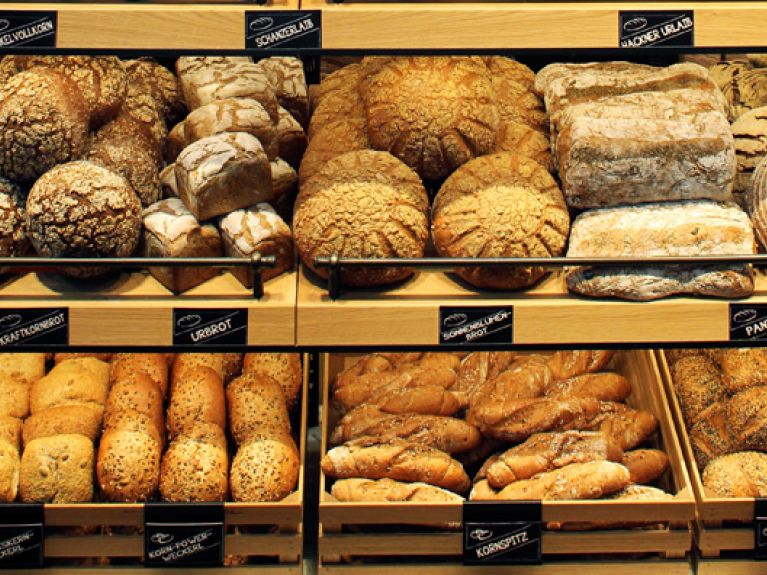Intangible cultural heritage in Germany
With its “List of Intangible Cultural Heritage” the UNESCO Commission in Germany protects 27 German traditions and forms of knowledge. deutschland.de presents a selection of them.

Bread culture
Spelt, rye, wheat or wholemeal – few countries offer such a great variety of bread types as Germany. The bakery trade has preserved recipes and production methods over many centuries – and used the latest scientific findings to advance them. Ever since the Middle Ages bakers have travelled and spread their knowledge throughout the world with the popular “Bäckerwalz” tradition and gathered ideas and traditions from abroad to enrich their own recipes.
Customs and festivals of the Lausitz Sorbs
They speak their own language, wear traditional costumes and celebrate colourful festivals. The Lausitz Sorbs, an ethnic minority in the east of Germany, pass on around 30 customs from one generation to the next. To mark the birds’ mating season they celebrate “Vogelhochzeit” (birds’ wedding): On the eve of 25 January children put plates outside the front door – and the next morning are happy to find iced birds made of dough.
Theatres and orchestras
Every year millions of visitors enjoy the performances of around 360 theatres, 130 opera, symphony and chamber orchestras and 70 festivals in Germany. What with puppet theatres, concerts, musicals, operas, theatre and dance performances, the choice is virtually unparalleled. And this broad spectrum has a long tradition: Today’s theatre and orchestra landscape developed back in the 17th and 18th centuries, when the then Holy Roman Empire of the German Nation consisted of small states.
Cooperatives
“What the individual cannot do, many can,” was an early insight of Friedrich Wilhelm Raiffeisen, who lived from 1818 to 1888 and is one of the fathers of the cooperative idea. In a cooperative, people who share ethical principles such as fairness and solidarity team up to form a joint enterprise. Aims are the members’ economic, cultural and social advancement as well as involvement in civil society. Raiffeisen’s idea has endured: cooperatives are popular. They exist in a wide variety of areas such as work, finances, food or housing. In Germany cooperatives have over 21 million members.

